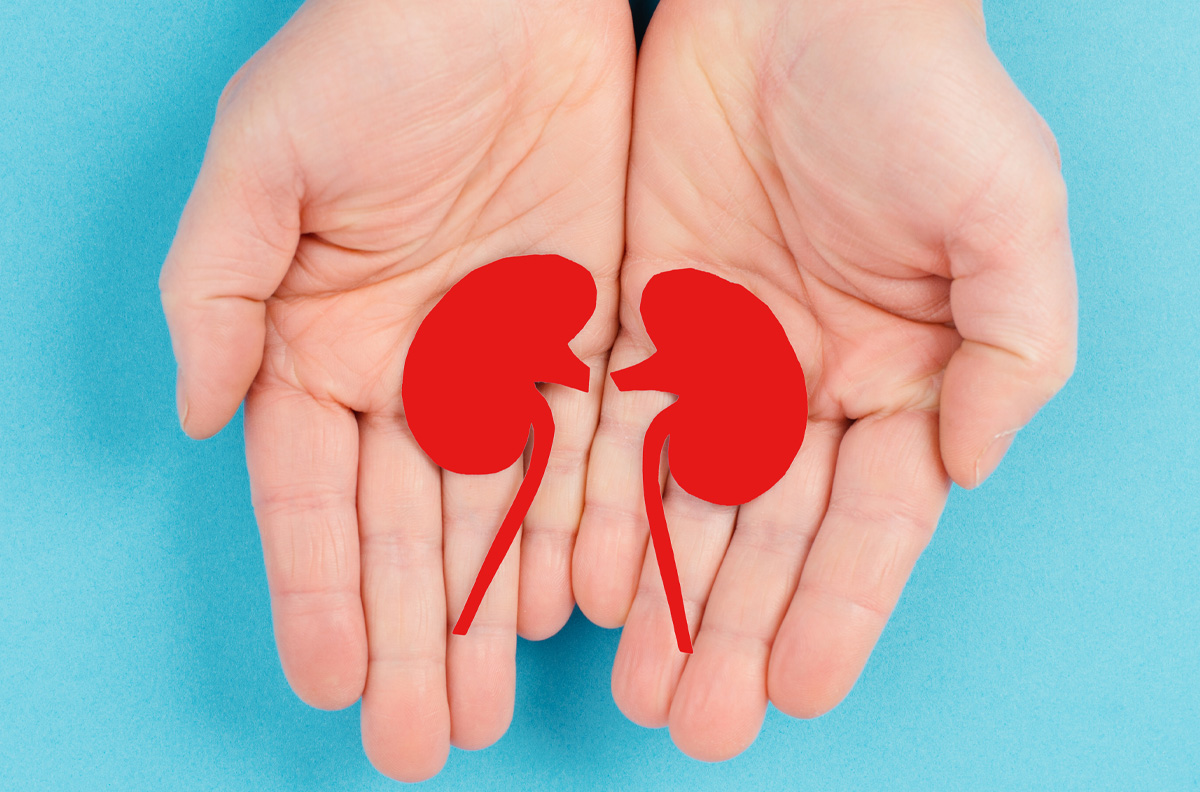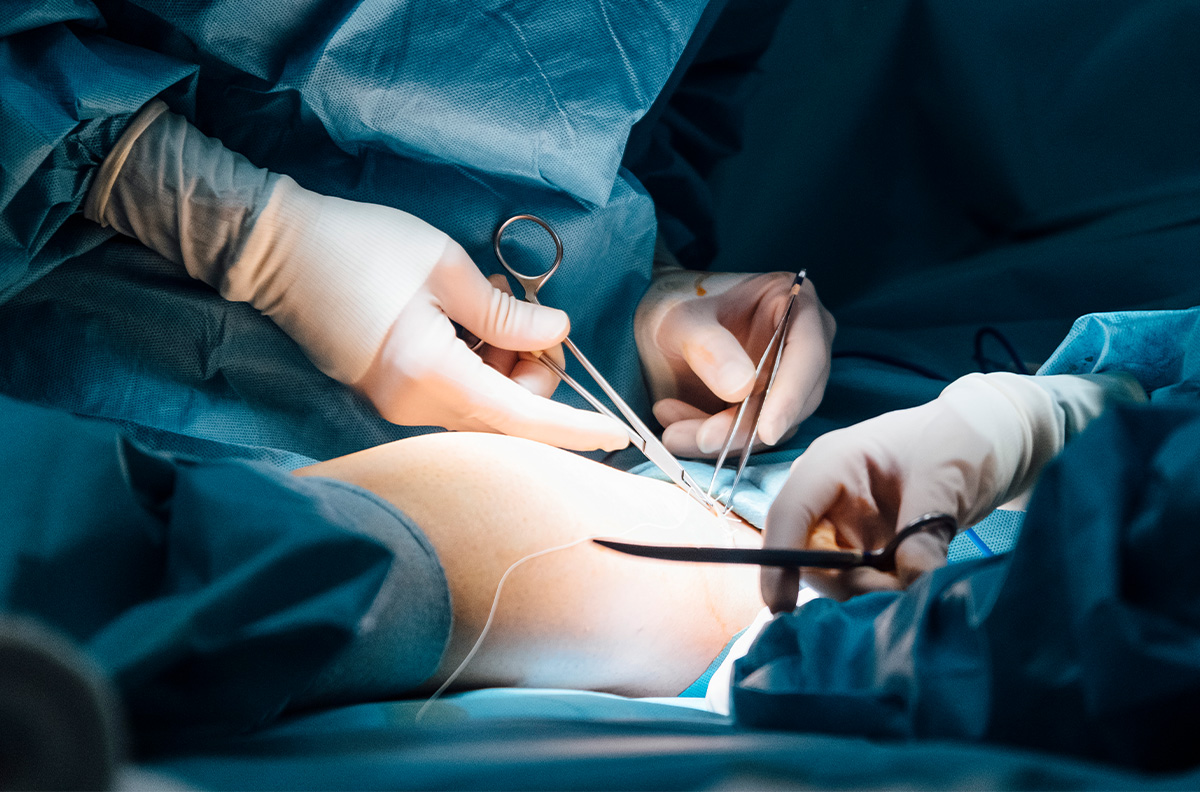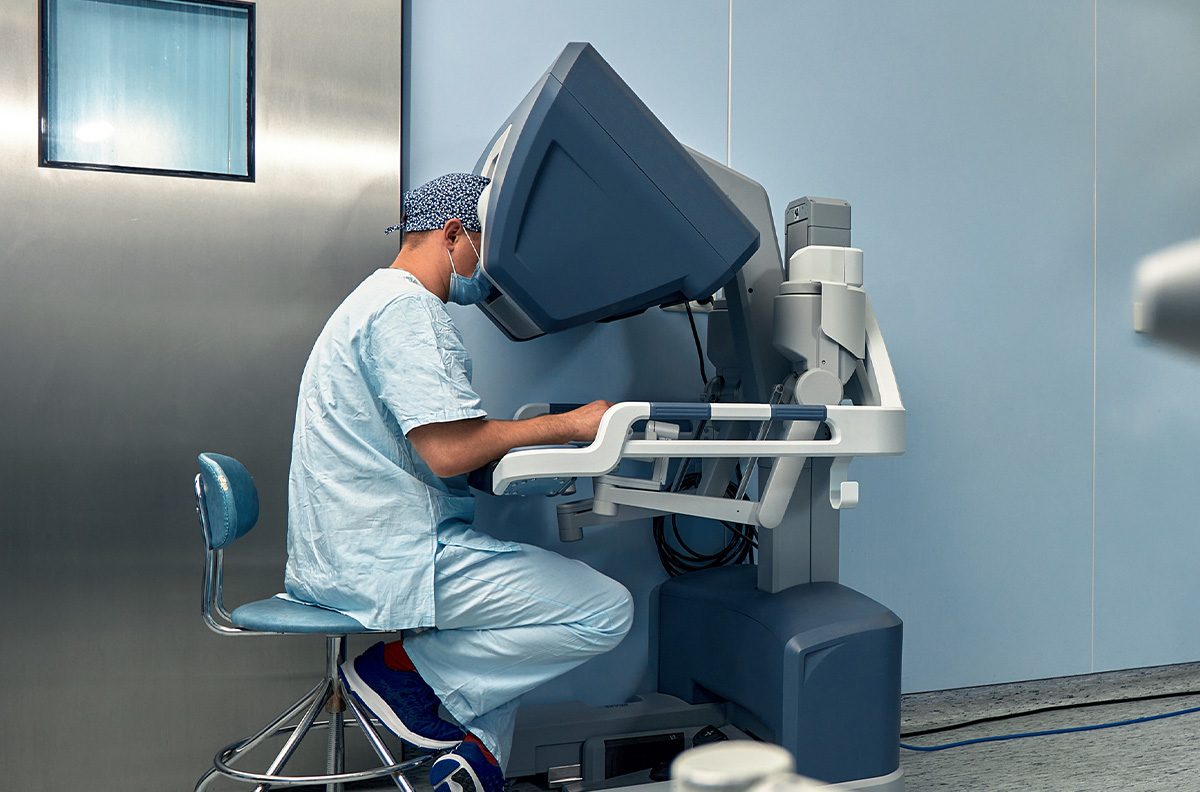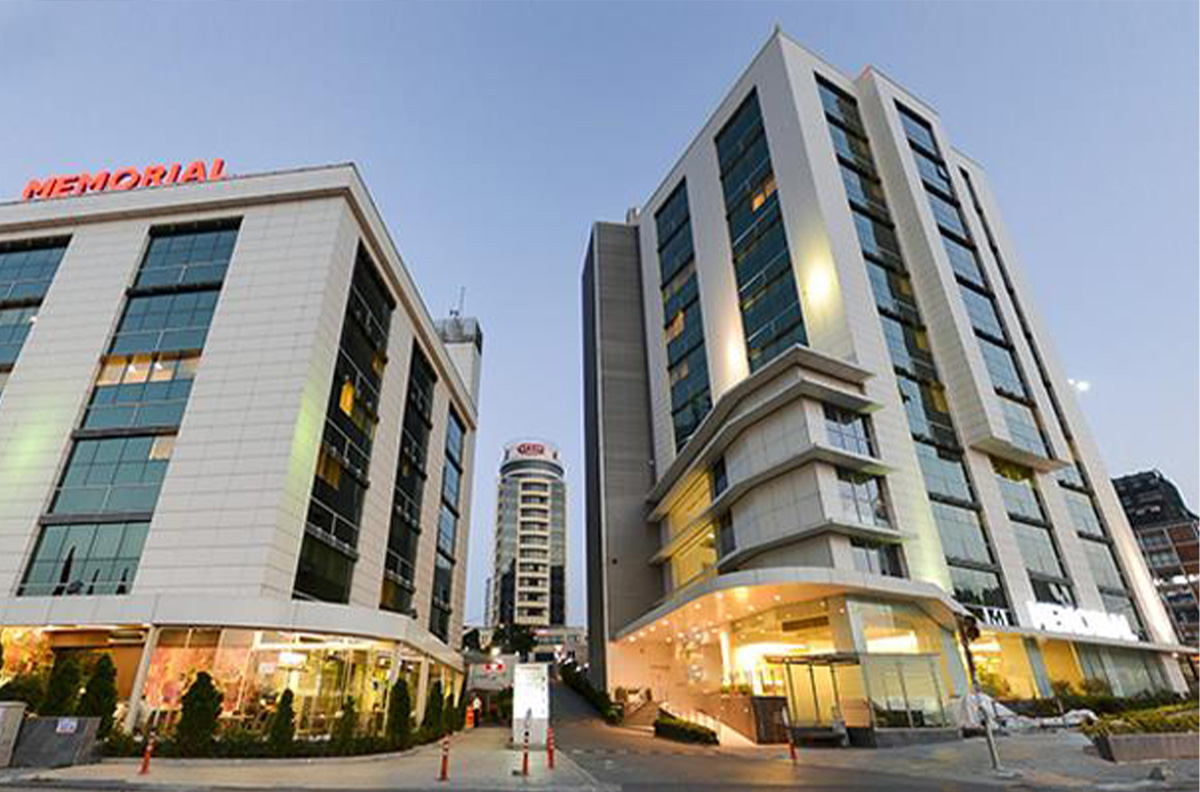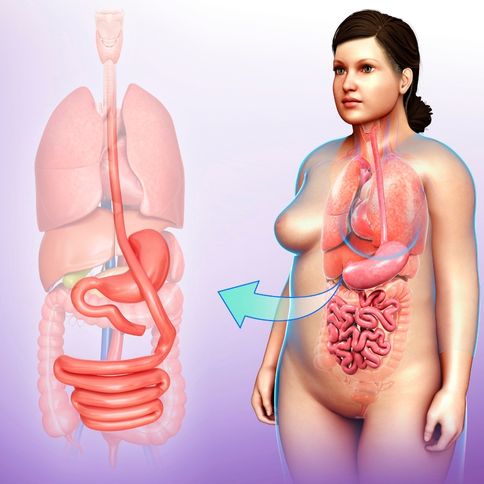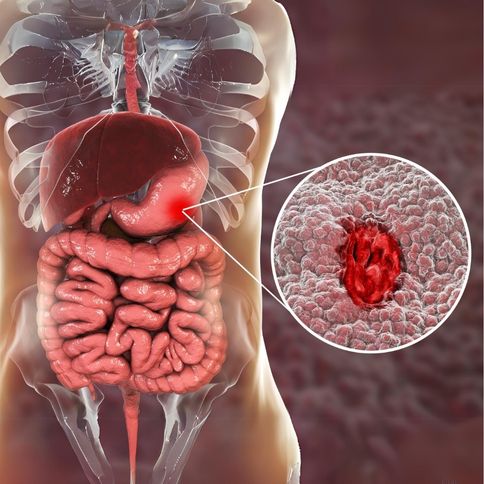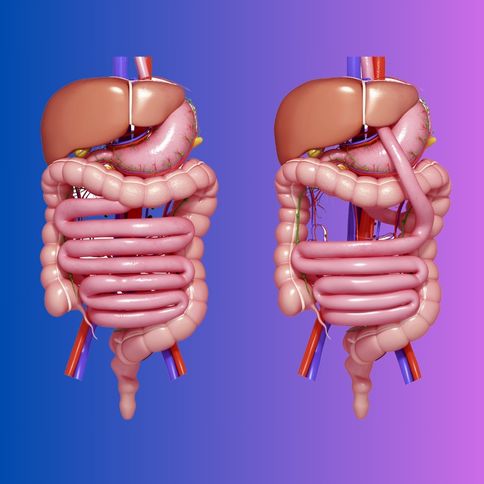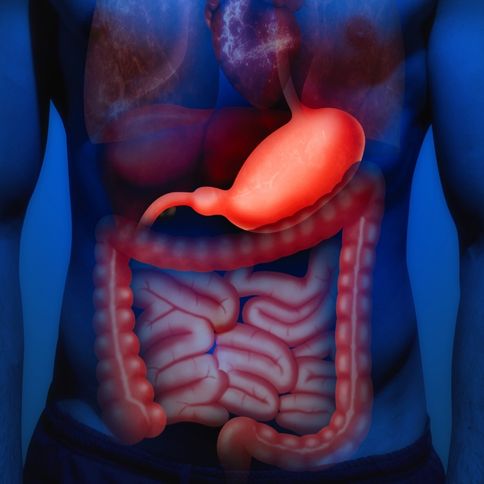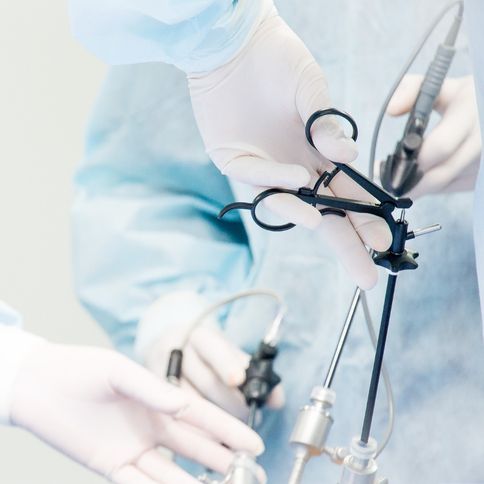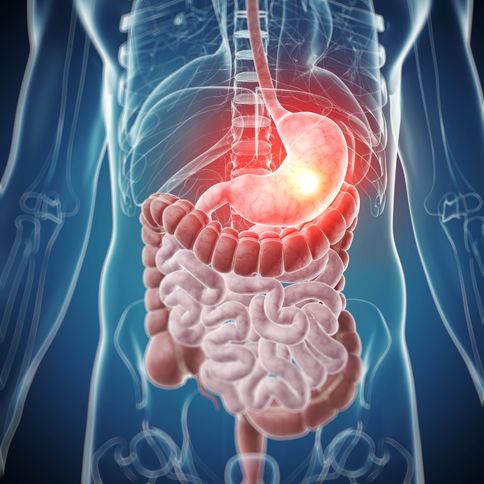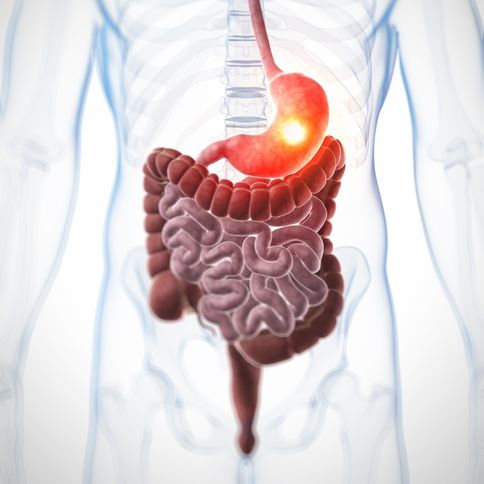Obesity and Diabetes Surgery
We determine the most suitable treatment method for obesity and diabetes surgery. With the right treatment, you can permanently rid yourself of excess weight.
Obesity is a disease affecting millions worldwide, often accompanied by various health issues. It can be treated with various surgical methods, as well as non-surgical approaches.
Obesity surgery facilitates weight loss and helps in the improvement of associated conditions. Therefore, it is beneficial for obese patients to undergo treatment promptly. Obesity significantly affects daily life sustainability, causing issues like mobility challenges, breathing difficulties, and psychological impacts. Diabetes can also coexist with obesity, even in the absence of weight issues. Type 2 diabetes surgery is referred to as metabolic surgery, aiming to activate insulin and facilitate disease improvement.
Methods Used in Obesity and Diabetes Surgery
Several methods are employed in obesity surgery, chosen based on the patient’s health condition. Not every method is suitable for every patient, but commonly used techniques include:
- Sleeve Gastrectomy: During this procedure, about 80% of the stomach is removed, reducing hunger sensation.
- Gastric Bypass: This method reduces the stomach size significantly, altering nutrient absorption.
- Gastric Balloon: This procedure reduces stomach capacity to decrease appetite.
In diabetes surgery, methods include:
- Transit Bipartition: Applied when diabetes develops due to obesity.
- SADI-S: Begins with sleeve gastrectomy and involves connecting a part of the small intestine to the stomach outlet.
- Ileal Interposition: Helps obese patients feel less hunger.
Who Can Benefit from Obesity and Diabetes Surgery?
Individuals with a body mass index (BMI) above 40, or above 35 with accompanying conditions, can benefit from obesity surgery. Age between 18 and 65 is generally required, though exceptions can be made in emergencies. Before opting for obesity surgery, other methods like diet and exercise should be attempted.
Obesity surgery is not recommended for individuals with alcohol or substance dependencies, cancer patients, or those with unsuitable psychological conditions. Diabetes surgery is suitable for individuals whose blood sugar levels remain uncontrolled, potentially leading to organ damage.
Post-Operative Care for Obesity and Diabetes Surgery
After surgery, patients must adhere to a strict diet plan, progressing from liquid to soft and then solid foods under the supervision of a dietitian. Avoiding excessive fatty and unhealthy foods is crucial.
Hydration is essential post-obesity surgery, and similarly, diabetes surgery requires adequate water intake, especially in the first two months. Maintaining a healthy diet is vital to prevent recurring diabetes issues.
Asst. Prof. Dr. Vahit Mutlu and his expert team successfully manage the process of obesity and diabetes surgery. For solutions to such health issues, please contact us immediately using our provided contact information.


